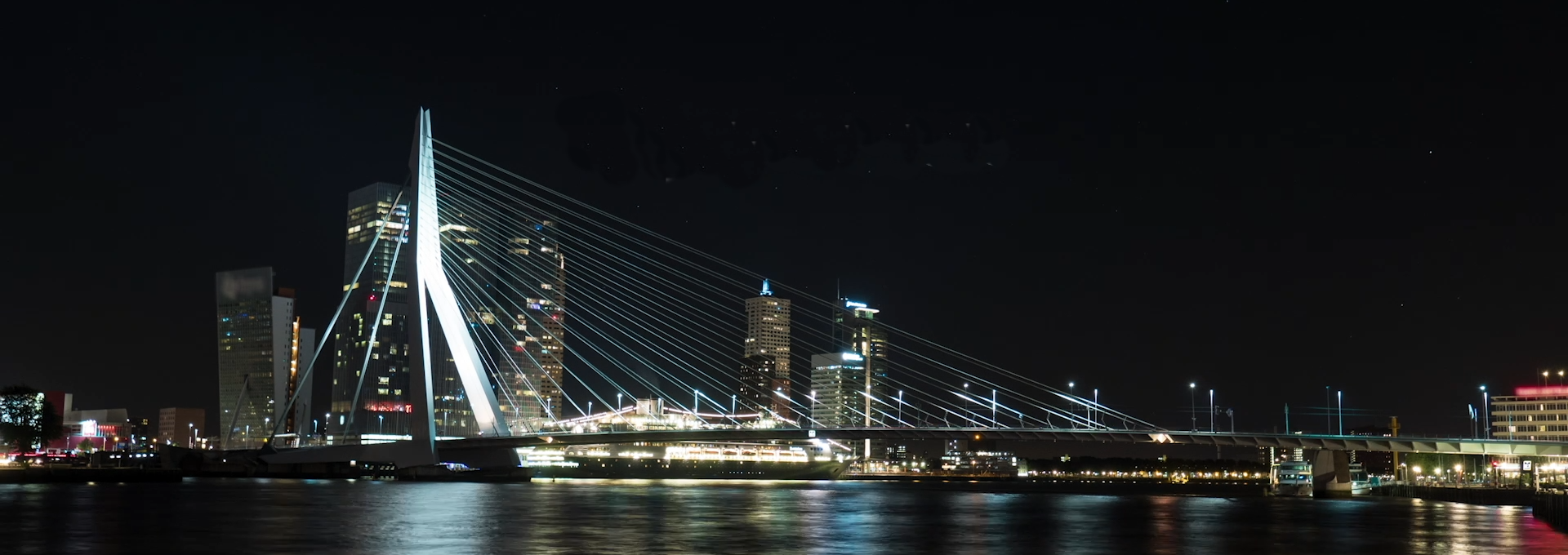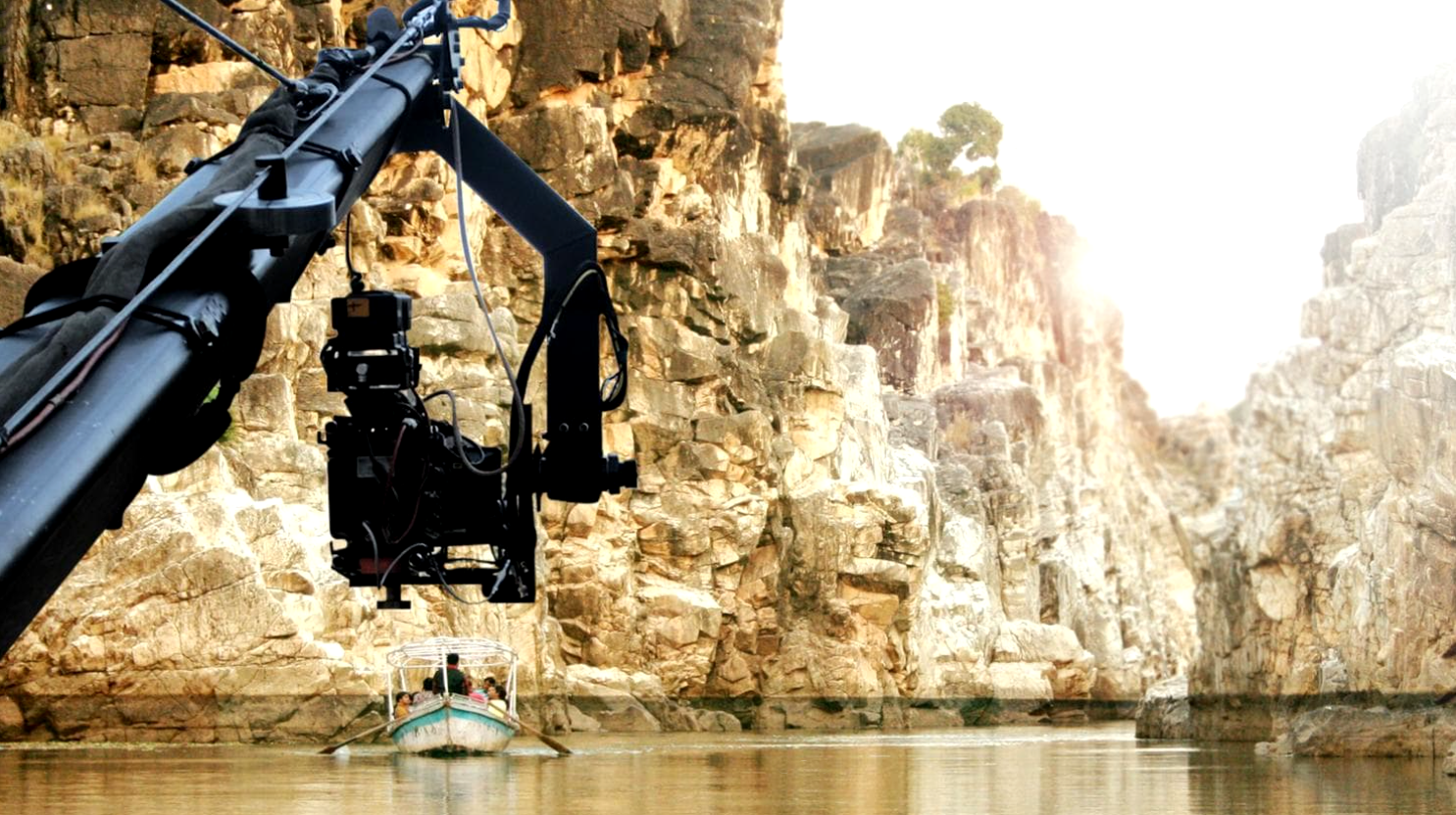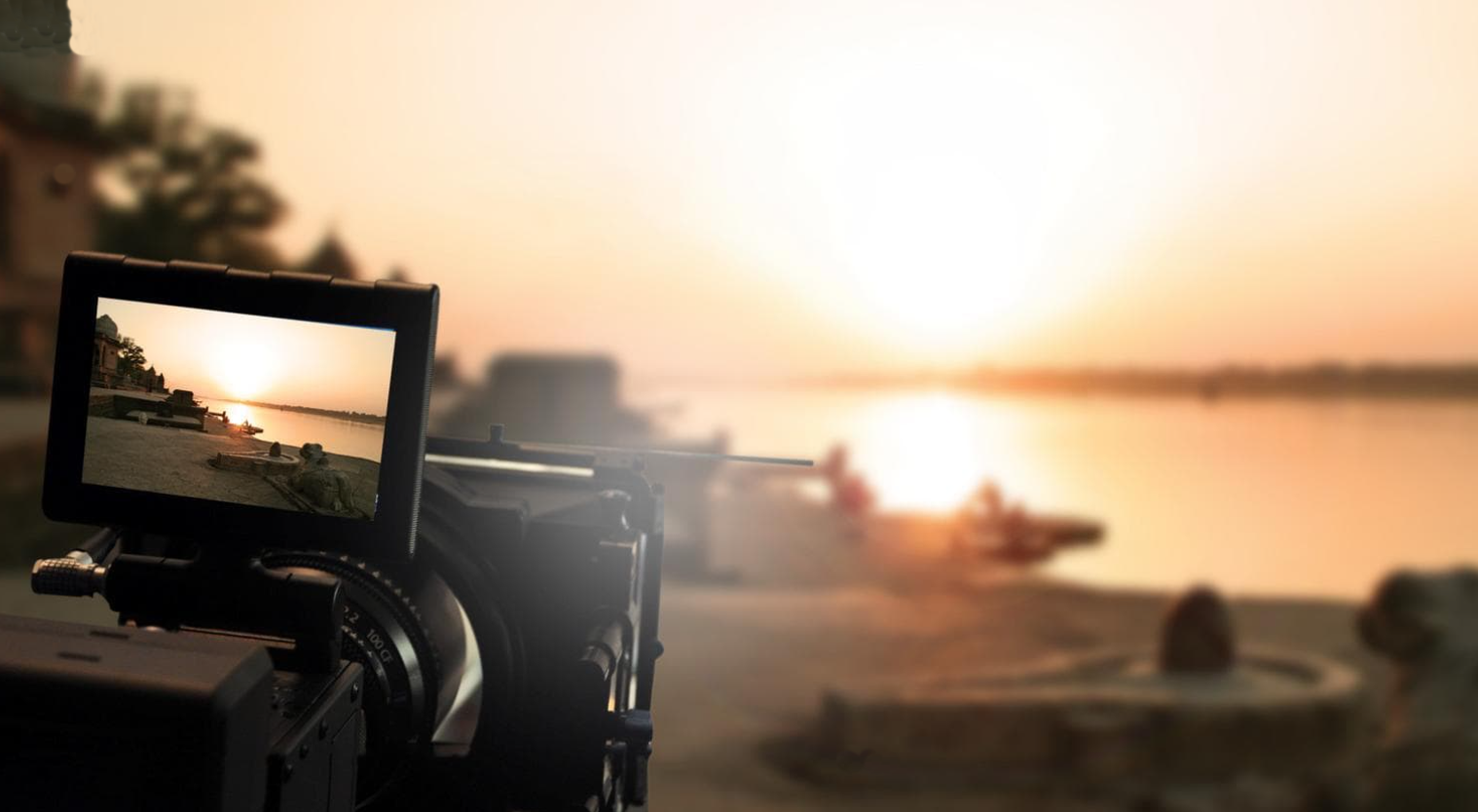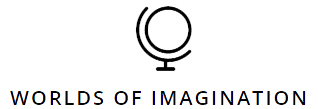
Conference
April 7-9, 2021
Online conference / Erasmus University Rotterdam
Images: Mischa van Schajik and Bas Ackermann | Editing: Elsie Vermeer (EV/TV) | Music: ‘Waki Baki’ by Dandana
Watch the livestream of the opening night here!

INTRODUCTION
A very warm welcome to our conference Worlds of Imagination: Media, Place and Tourism in Today’s Global World! It was a pleasure to meet you virtually on Airmeet to share insights, knowledge, and ideas about the relation between media and tourism among scholars from so many different parts of the world.
In today’s globalized, transnational and digitalized media environment, popular culture plays a significant role in the establishment and (re)negotiation of place identities and the ways in which people relate to physical locations. Traveling to film locations, participating in fan re-enactments or visiting theme parks are some of the varied and multifaceted ways in which the ties between people’s worlds of imagination and the real worlds they inhabit are made tangible through place.
We proudly presented the following keynote speakers: Prof. Dal Yong Jin (Simon Fraser University), editor of Transmedia Storytelling in East Asia: The Age of Digital Media (2020) and author of Transnational Korean Cinema: Cultural Politics, Film Genres, and Digital Technologies (2019); Prof. Sangkyun Kim (Edith Cowan University), editor of Food Tourism in Asia (2019, with Ian Yeoman and Eerang Park) and Film tourism in Asia: Evolution, transformation and trajectory (2018, with prof. dr. Stijn Reijnders); Prof. Mimi Sheller (Drexel University), author of Island Futures: Caribbean Survival in the Anthropocene (expected 2020) and Mobility Justice: The Politics of Movement in an Age of Extremes (2018); Prof. Lúcia Nagib (University of Reading), author of Realist Cinema as World Cinema: Non-cinema, Intermedial Passages, Total Cinema (expected 2020) and Brazil on screen: Cinema Novo, new cinema and utopia (2007), and Prof. Matt Hills (University of Huddersfield), author of Fan Cultures (2002) and Doctor Who: The Unfolding Event (2015). In addition, this conference provides the stage for more than fifty presentations from researchers from all over the world as well as a special panel with 7 film commisioners.
This conference would not have been possible without the financial support of the European Research Council, for which we are incredibly grateful.
We hope you learn, network and enjoy!
The Worlds of Imagination Team:
Stijn Reijnders, Emiel Martens Débora Póvoa, Apoorva Nanjangud, Rosa Schiavone, Henry Chow, and Sara Haverkamp

THEMES & FORMATS
This conference highlighted the interconnections between media, tourism and place and brought together the diverse perspectives, approaches and actors involved in this process. We ventured off the beaten track by adopting a decidedly global perspective and putting emphasis on the exploration, analysis and comparison of cases from around the world. Consider the Indian film industry, which produces more films, for a larger audience, than Hollywood does every year, and how Chinese, Indian and Russian travellers increasingly determine the face of international tourist flows. This conference broadened the horizons by including and comparing research into, for example, Bollywood films, Brazilian telenovelas and South Korean K-drama.
For two days, we brought together scholars across disciplines, including, but not limited to, media studies, cultural studies, cultural geography, fan studies, tourism studies, and development studies. We invited papers that address all themes around media, place and tourism, such as:
- Media tourism
- Popular culture and heritage
- Film location production
- Film (and) tourism policies
- Impacts of filmmaking and tourism on locations and communities
- Imaginative geographies in media and tourism
- Fan re-enactments
- Place identity and belonging
- Media tourist experiences
- Theme-parks and tourism
- Critical issues in media tourism
- Comparative studies on media tourism
- (Interdisciplinary) theories on media tourism
Due to governmental measures regarding COVID-19, the conference took place online. We organized some live events in the city of Rotterdam, but these were all live-streamed on Airmeet, the new virtual conference platform that was our home for two days!
April 7, 2021: Opening night ft. Welcome to the Smiling Coast (with Studium Generale)
Introduction by keynote speaker Sangkyun Kim
Introduction by keynote speaker Dal Yong Jin
Introduction by keynote speaker Mimi Sheller
Introduction by keynote speaker Lúcia Nagib
Introduction by keynote speaker Matt Hills
COVID-19
In 2020 the COVID-19 crisis hit the world hard, also with regard to its media and tourism industries. The lockdown seriously hampered filming and all other media production practices both on location and in the studio. At the same time, the tourism industry as a whole suffered a disastrous year after a virtually constant annual growth since the late 1950s. At the time of writing, there were modest signs the media and tourism industries are finding answers to the current crisis. It is clear, though, that the need to find more sustainable ways to deal with the interrelation between popular culture and tourism is even more relevant now that the COVID-19 crisis became part of the global agenda. This conference also aimed to address this issue.


